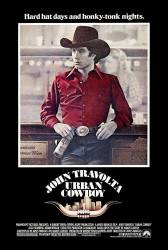
Factual error: In the beginning during the opening credits, Bud is using a map to find his Uncle Bob's house in a new housing addition. A new home in a new addition (where they are still building), would not be on a paper map yet.
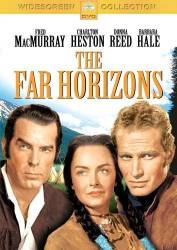
Factual error: Near the beginning of the film, there is a reference to Capt. Merriwether Lewis being summoned to the "White House." That scene takes place in 1804. In reality, the Executive Mansion was not called the White House until 1811.
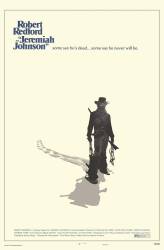
Factual error: The crazy lady, whose family (except the boy), were murdered by Indians, sings "Shall we gather at the river" after Jeremiah buries them. Only that wasn't written until 1864.

Factual error: As well as the sergeant's stripes on his cuff, Sergeant O'Neil wears three pips on his epaulettes, which would indicate a much more senior rank and would not be worn together with the stripes.
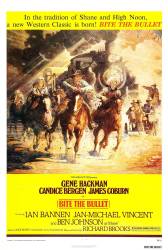
Factual error: The motorcycle is not right for the period. It looks like a 1970's Kawasaki stripped down. Look at the rear wheel (too big), motor is 2 stroke (not one), and the exhaust has a muffler.
Suggested correction: There is no such thing as a one stroke engine.
I don't really follow the technology, but I happen to know there were at least one-stroke prototypes years ago. That aside, a "single-stroke" is possible, but may depend on how it is defined. That is, there will be an accompanying reverse "stroke" ["to" and "fro"], perhaps categorizing it as two-strokes? The "factual error" and your correction may both be correct, using different perspectives or definitions.
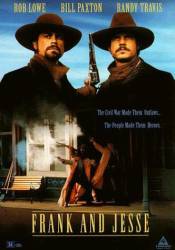
Factual error: In two, maybe three scenes, there are ring-necked pheasants. One is early in the movie as the Jameses ride past a butcher shop where ducks and pheasants are hanging up for sale. One is mid-way in the movie in the scene of the house- or barn-raising and big picnic. The movie supposedly took place in the mid-1870s. Pheasants were not imported to America from China until 1881.
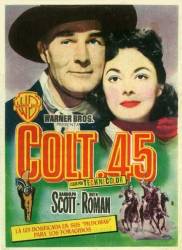
Factual error: This Warner film concerns a pair of post-Mexican War, new-style percussion revolvers stolen from a travelling arms dealer and used in a crime spree. The criminal was unbeatable because of the overwhelming firepower of the guns compared to the single-shot handguns used by everyone else in the film. The title guns used throughout the film were a pair of Colt Dragoon revolvers, in caliber .44. Colt didn't manufacture a .45 revolver until the metallic cartridge era, in 1873.
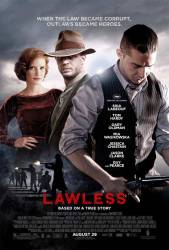
Factual error: At the beginning of the film you see the car coming around a bend and see a double yellow line in the center of the road. White center lines were used as early as 1917 but weren't widely used until the early 50s and center yellow wasn't mandated until 1971.
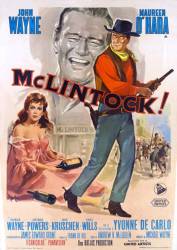
Factual error: It's 1895, and the US Army is depicted using the venerable .45-70 trapdoor carbines. However two years earlier they upgraded to the Springfield Model 1893.
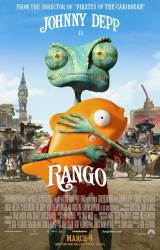
Factual error: The 'Mayor' says he's a Turtle, but he's actually a Tortoise. Turtles have paddle type limbs for swimming, not reptile like paws as depicted in the movie.
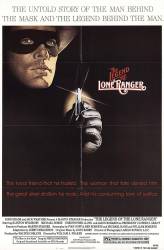
Factual error: In the film during the opening credits, John Reed is traveling by stage coach from Boston to Texas. So what is his stage coach doing driving through Monument Valley that is in the northern part of Arizona? That stage coach is truly lost.
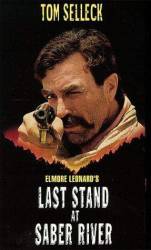
Factual error: Martha Cable is shown describing to a customer the process for converting a cap-and-ball Army Colt revolver to accept cartridges. While it is entirely possible that a gunsmith in Texas might perform such actions, the burning question is, "Why?" The only cartridges available were for a .32 caliber Smith & Wesson, or those for a .44 Henry repeating rifle, and such cartridges were virtually impossible to obtain in the South during the Civil War.
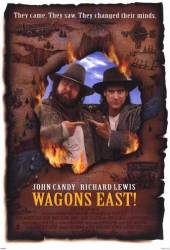
Factual error: In the saloon at night, Ben Wheeler says, "I can't afford another Workers Comp claim". Workers compensation wasn't started in the United States until 1902. (00:10:25)
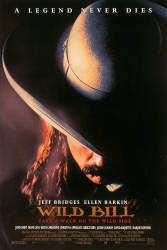
Factual error: In the movie, Wild Bill has a shootout with the bad guys in the stables. He is holding two colt revolvers, each having the capability of holding six rounds each. However as a safety precaution, only five rounds were loaded in the revolver with the hammer resting on an empty chamber as a safety. Therefore, he could only have ten rounds total from the two colt revolvers. He fired far more than ten rounds without reloading.
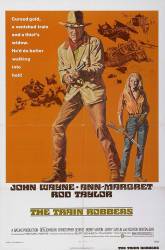
Factual error: Anne Margaret is seen changing into pants, and as she's shown stepping into the pant leg she is wearing white pantyhose. Pantyhose wasn't invented at this time.
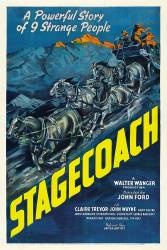
Factual error: The distance from Lee's Ferry to Lordsburg is over 500 miles, not a trivial distance by stage coach. But in fact, the stagecoach travels several times through Monument Valley, back and forth. Monument Valley is on Navajo Reservation, nowhere near the Apaches or Geronimo.
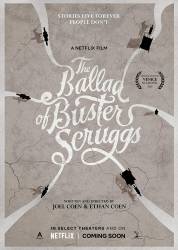
Factual error: When Buster joins the card game in the saloon, he looks at the hand of the player that had just left. Given the circumstances in the saloon, the cards cannot be spot clean and white as fresh snow. Also, they seem to be plastic cards, which did not exist yet back then.
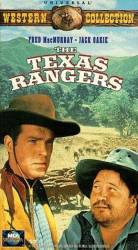
Factual error: When McNelly dictates his last will and testament, he leaves, among other items, his Navy Colts to Dunnison. He may well have a couple of Navies stashed in his belongings somewhere, but the pistols he wore and used were .44 peacemakers.
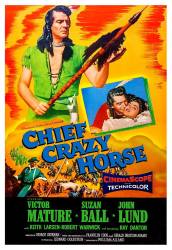
Factual error: All the troops in the Fetterman massacre are cavalry. In fact, the majority of the detachment, including Fetterman himself, were infantry.
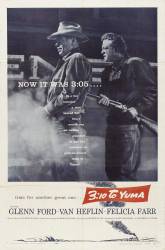
Factual error: The train's locomotive has a steel cab, an electric headlight, and other modern applications. Overall, it more closely resembles an early 20th century steam engine than that of the 1880's, when the movie supposedly takes place.